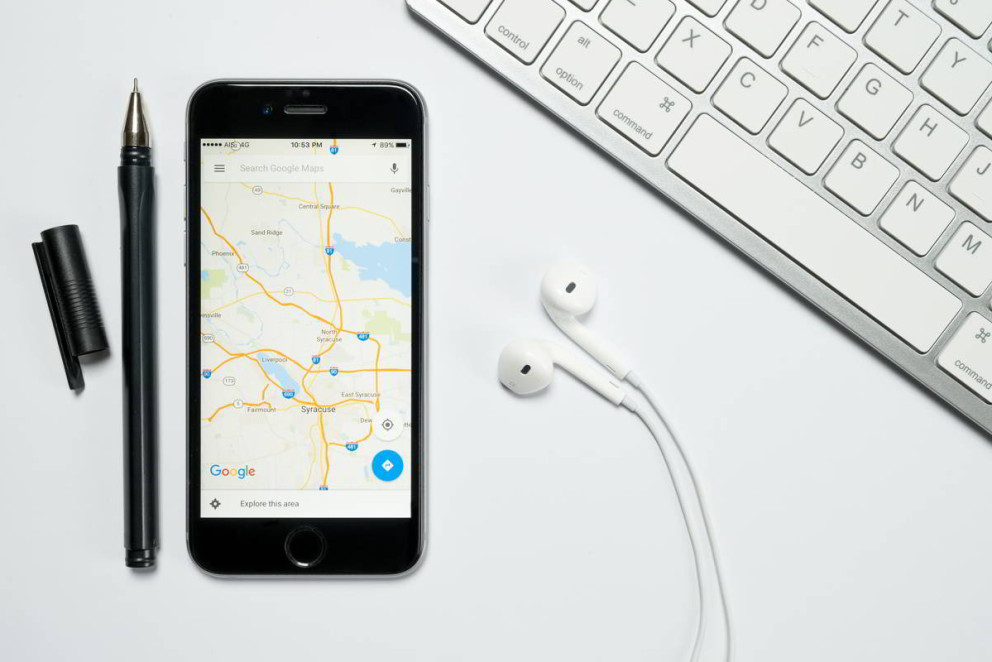Table of contents




Table of contents
For recruiters, having a structure in each job interview is the key to knowing how to deal with it successfully from the beginning: they should focus mainly on the objective of finding those professional and attitudinal aspects that are most interesting for the company and those which, in the end, make a candidate different from the rest.
Job interviews should follow a structure and planning to maximize the time available and know as much as possible about candidate profiles
At the time of the interview, it is advisable to make a previous explanation of the company and the vacant position to put the candidate in situation; making this you will allow that the conversation flows naturally and you will avoid at all costs that the interview becomes a mere interrogation.
With regard to the questions, from Lexington we propose six essential ones that every human resource professional shall take into account in selection process, note down!
You might be interested
You might be interested
The best documentaries and movies about Human Resources

María Luisa Navarrete


You might be interested
You might be interested
Business Geo-location: a resource for efficient management of your company

María Abraín


Start the interview by breaking the ice and let the candidate explain briefly his/her professional life. In this way, you will be able to know how his/her attitude, his/her synthesis capability and how he/she expresses.
As an interviewer, you will be interested in knowing what the candidate's strengths are and if they are compatible with the professional profile that the company is looking for.
As well as the candidate's strengths, you should also know his/her weakest points or those he/she believes should pay more attention to improve.
Every professional has certain aspirations and goals that he/she wants to achieve throughout his/her working life, so knowing his/her expectations will help us to understand his/her ambition and his/her future perspective. That is, if he/she sees the job he/she has requested as a professional projection or as a circumstantial job.
This question is the key in any selection process, since it allows you to know the skills, knowledge or values that the candidate could bring to the job and to the company. The answer can be the reason for hiring, because through it you will know what makes a candidate different from the rest.
Just as a worker can bring positive aspects to the company, so can the company to the employee; Job flexibility, growth as a professional or continuous learning, among others, could be some examples.
“Opportunities don't happen, you create them”
Chris Grosser
Written by

Get up to date with flex
Subscribe to our newsletter to make sure you don't miss anything. On trend content you’ll be interested in.
Contact us
Request information
Solicitar información free pass
Request a quote
Visit our spaces
Trabaja con nosotros
Contact us
Work in a flexible space.
Optimize on costs compared to a conventional office
Estimation of costs compared to conventional office hire
0 people Office for
Select
5 people
10 people
15 people
25 people
Select a number of people and we’ll show you the expenses included in our flexible office hire.
Conventional office
Operational costs and supply costs:
€/month
+ opening expenses
Flexible office
Operational costs and supply costs:
Included
No opening expenses
Included in the monthly bill
€517.01/person
0€
2.264,24 €/person
0€
523,69 €/person
0€
Guarantee bond
6 months
Deposit
2 months
Since
12 months
Since
1 month
2-6 months
2 months
Request a quote